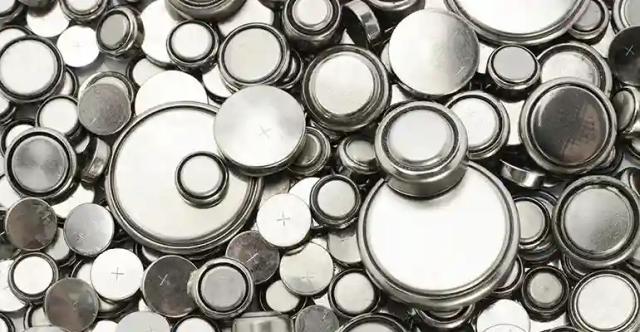Harare Institute Technology (HIT) Zimbabwe Makes Progress In Producing Lithium Batteries

The Harare Institute of Technology (HIT) in Zimbabwe has made significant progress in the production of lithium batteries for passenger vehicles, the state-run Chronicle reported. This breakthrough has the potential to accelerate the country’s involvement in clean energy technologies. Zimbabwe boasts one of the world’s largest reserves of hard-rock lithium, a crucial mineral used in the production of lithium-ion batteries.
HIT has successfully purified lithium phosphate and manufactured prototype cells, marking a significant step towards commercial production. The university’s Vice Chancellor, Dr. Quinton Kanhukamwe, announced their vision to commence commercial production of lithium batteries for vehicles in 2024 during HIT’s 14th graduation ceremony where President Emmerson Mnangagwa capped 639 students, with 38.8% of them being female graduates. Dr. Kanhukamwe said:
As a result, your university has been successful in developing a lithium phosphate 3.2V, 60Ah battery cell, when coupled in either parallel for more voltage or series for enhanced current, the cells will produce sufficient power to drive passenger vehicles.
FeedbackOur vision is to start commercial production of lithium batteries for vehicles in 2024.
He expressed pride in the university’s engineering and technology graduates, highlighting their strong entrepreneurial skills and determination to establish high-tech enterprises.
HOT DEALS:
itel A70 - (128GB, 3GB RAM) $89,
itel A70 - (256GB, 4GB RAM) $99
itel P40 (128GB, 4GB), (6000mAh) $99
itel P40 (64GB, 4G), (6000mAh) $93
LATEST:
itel S24 (128GB) $124 (108MP camera)
itel S24 (256GB) $159 (108MP camera)
Cash on Delivery in Harare & Bulawayo. Tinotumira kwamuri inosvika.WhatsApp: 0783 450 793
Dr. Kanhukamwe also highlighted the progress made in various sectors of the economy alongside the breakthrough in lithium battery production. HIT is collaborating with Kosygin Russian State University and local universities to improve cotton output, which is currently low compared to Russia and India. The focus is on cotton seed development to increase farmers’ income and boost exports.
HIT is also engaged in designing and manufacturing transformers for commercial sale and has launched three spin-off companies. These spin-offs include InstiBio, which focuses on agricultural and medical biotechnology, InstiRad, which provides affordable radiography services to underserved communities, and InstiQuip, which offers machine design expertise.
The institute has expanded research collaborations with universities in China, Russia, the United States, Indonesia, and Belarus, aiming to enhance research quality and innovation. Additionally, HIT has established a training collaboration with Rwanda’s Ministry of Health to enrol students in radiography and ultrasound degree programs. These efforts contribute to the development of Zimbabwe’s economy and healthcare sector.
More Pindula News
Tags
10 Comments
Leave a Comment
Generate a Whatsapp MessageBuy Phones on Credit.
More Deals





